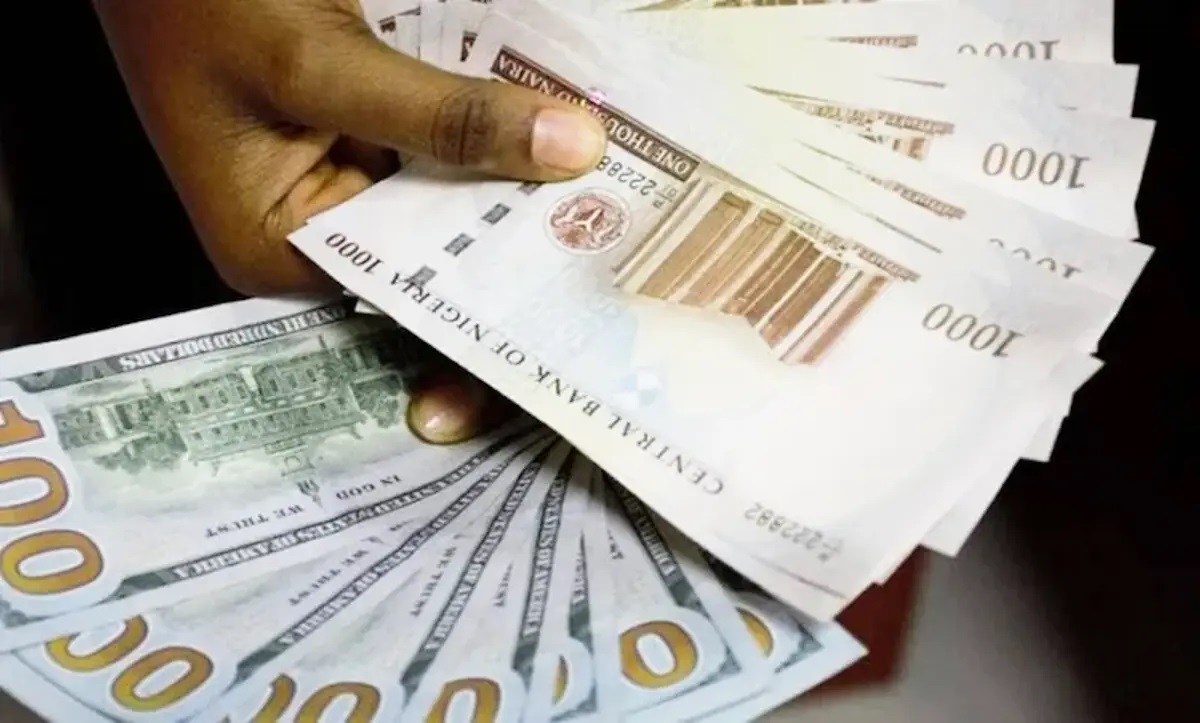In recent times, the Nigerian economy has witnessed a significant downturn in the value of its currency, with the Naira reaching an all-time low against the dollar. This decline has raised concerns amongst economists, businesses, and the general public, prompting a closer examination of the underlying factors contributing to this economic predicament.
The Struggle for Dollar Liquidity
A primary factor in the Naira’s depreciation is the struggle for dollar liquidity. The Central Bank of Nigeria (CBN) has faced challenges in meeting the high demand for dollars, particularly from foreign airlines operating within the country. This situation has highlighted a critical imbalance in the foreign exchange market, where the demand for dollars far outstrips the supply, leading to a devaluation of the Naira.
Economic and Market Sentiments
Market sentiments play a crucial role in the valuation of any currency. In Nigeria’s case, the CBN has raised concerns about the reporting of inaccurate and misleading information in forex transactions. Such practices, including under-reporting of transaction pricing, have contributed to a negative market sentiment, further weakening the Naira against the dollar.
The Parallel Market Effect
The depreciation of the Naira is more pronounced in the parallel market, where it has fallen even further against the dollar. This disparity is largely due to restrictions and limitations in the official market, driving individuals and businesses to seek dollars in the unofficial market. The high demand in these parallel markets exacerbates the Naira’s decline, creating a significant gap between the official and unofficial exchange rates.
Global Economic Influences
Global economic factors also play a pivotal role in the Naira-Dollar equation. As an oil-dependent economy, Nigeria’s foreign exchange earnings are heavily influenced by global oil prices. Fluctuations in these prices, along with other international trade dynamics, have a direct impact on the country’s economic stability and, consequently, the value of its currency.
Policy Responses and Regulatory Challenges
The CBN’s efforts to clear dollar backlogs and address market manipulation are indicative of the challenges in regulating and stabilising the forex market. The effectiveness of these policy measures is crucial in restoring confidence in the Naira. However, the bank’s struggle to enforce a well-functioning and transparent market, operating on a willing buyer, willing seller basis, has been a significant hurdle.
Summing it Up
The Naira’s all-time low against the dollar is a multifaceted issue, rooted in both domestic economic challenges and global market dynamics. The combination of high demand for dollars, inadequate supply, negative market sentiment, policy responses, and external economic factors has led to the currency’s current state. Addressing these issues requires a concerted effort from the CBN, government policymakers, and international stakeholders to stabilise the Naira and restore economic balance.
